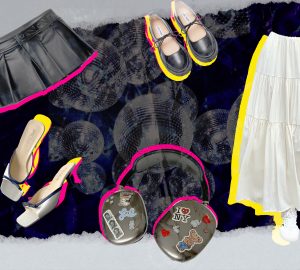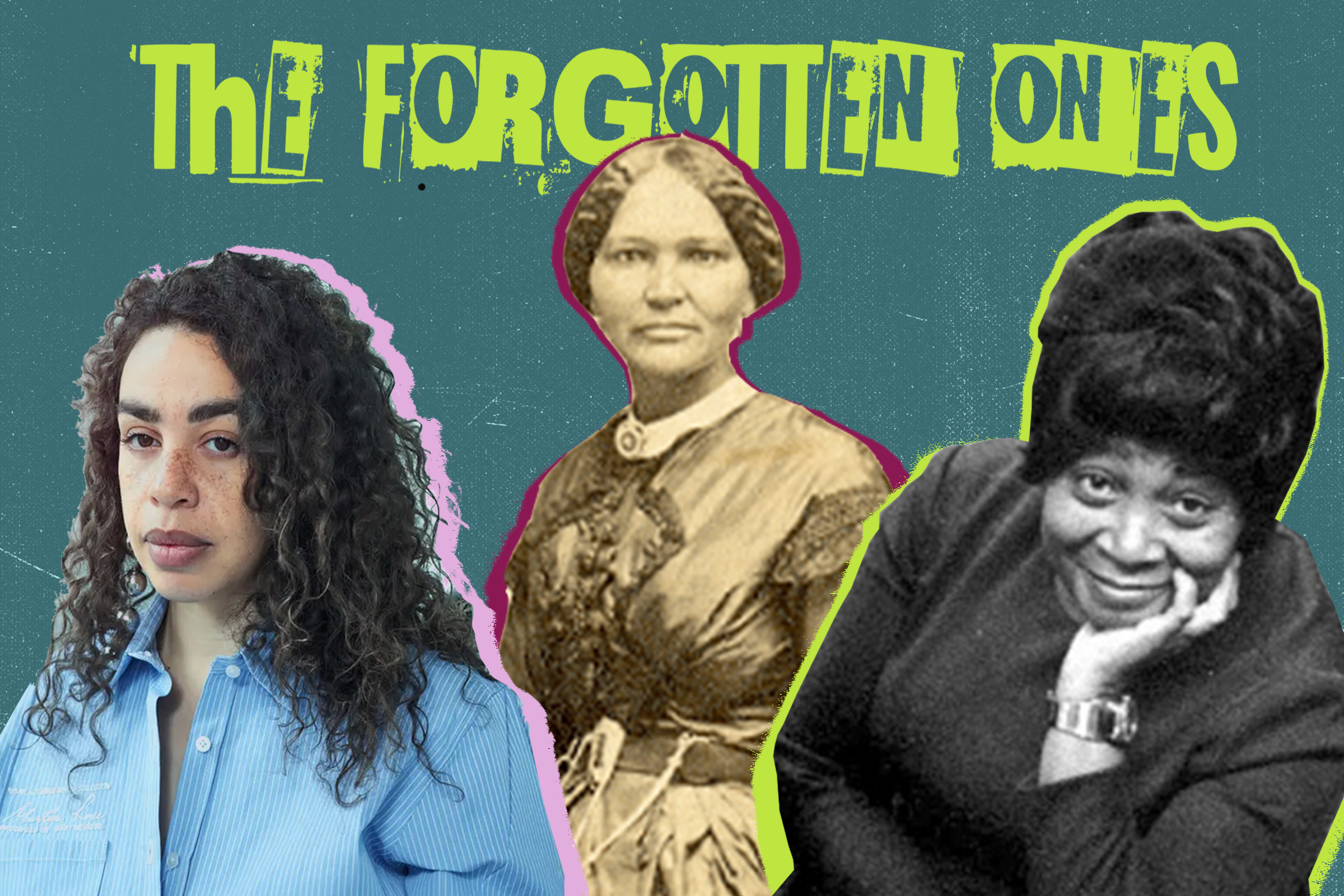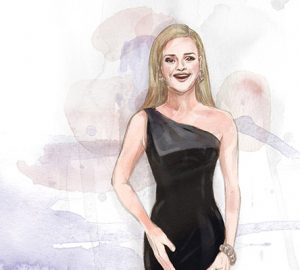The Forgotten Ones: Iconic Black female designers you might have never heard of
This article was submitted by a contributing writer. To submit your own work for Godet, email style@scadconnector.com.

“The Forgotten Ones: Iconic black female designers you might have never heard of” by Naecia Dixon
When you think of trailblazers within fashion, many prominent names come to mind like Dior, Chanel, Fendi, Prada, Burberry and the list continues. I would study these brands, learn their history but admittedly, I was hungry to find designers who reflected me, a Black woman. In my search to find women who left an imprint on fashion, I found Black women inspiring generations of fashion designers. As Black History Month gives way to Women’s History Month, I thought this is the perfect time to highlight these talented Black women who against all the odds found a home in fashion. While I could write a never-ending list on these influential Black women designers, today I will only introduce just three. Elizabeth Keckly, Zelda Wynn Valdes and Martine Rose.
Elizabeth Hobbs Keckly
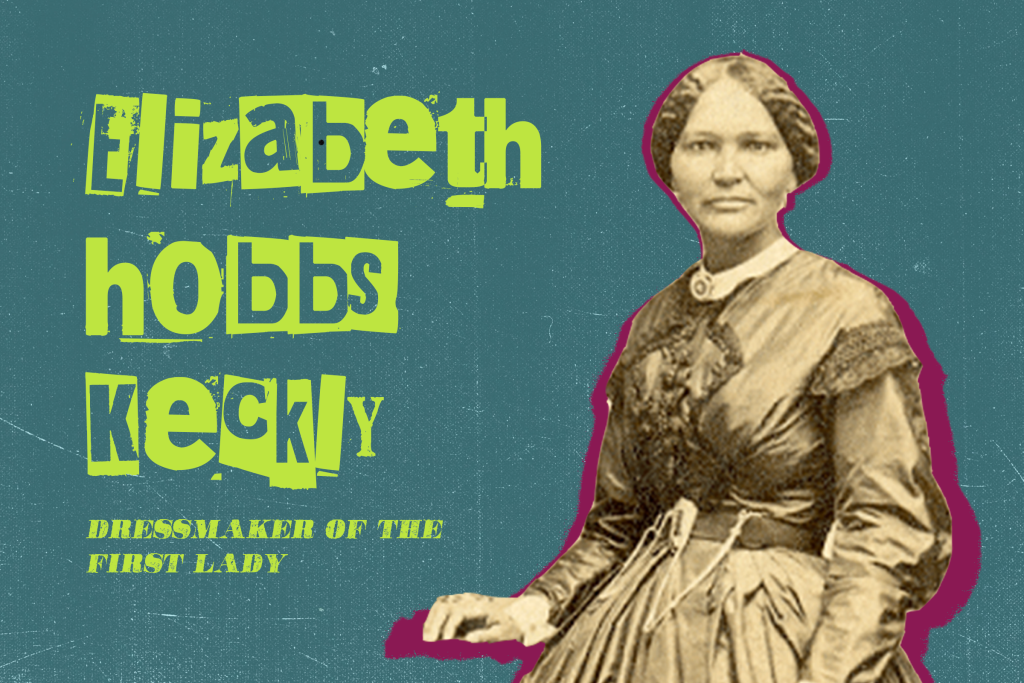
The woman behind Mrs. Mary Todd Lincon was none other than Elizabeth Hobbs Keckly. Keckly was born into slavery in Virginia in February 1818 (we stand a Pisces queen). The circumstances of her birth are very unfortunate as she was most likely a product of a non-consensual encounter with her mother’s master Coronel Burnell. While Elizabeth was a biracial daughter to a plantation owner, this didn’t change her status as a slave. Her liberation ultimately came from a time old tradition her mother passed down to her, the skill of sewing.
Elizabeth eventually settled in Washington D.C., where her dressmaking skills were revered and she was finally introduced to Mrs. Lincoln on the day of the Abraham Lincoln’s inauguration. From that moment on, Keckly and the First Lady formed a bond that would last for years to come. What started out with a seamstress to client relationship brought them all the way to Mary Lincoln requesting Keckly by her side as she mourned her husbands death. She later wrote a divisive memoir that stirred the pot and ultimately brought a falling out between her and Mrs. Lincoln. Keckly, sadly had to move on but she passed her skills and knowledge to other women of color as she taught at Wilberforce University’s Department of Sewing and Domestic Science Arts.
Zelda Wynn Valdes
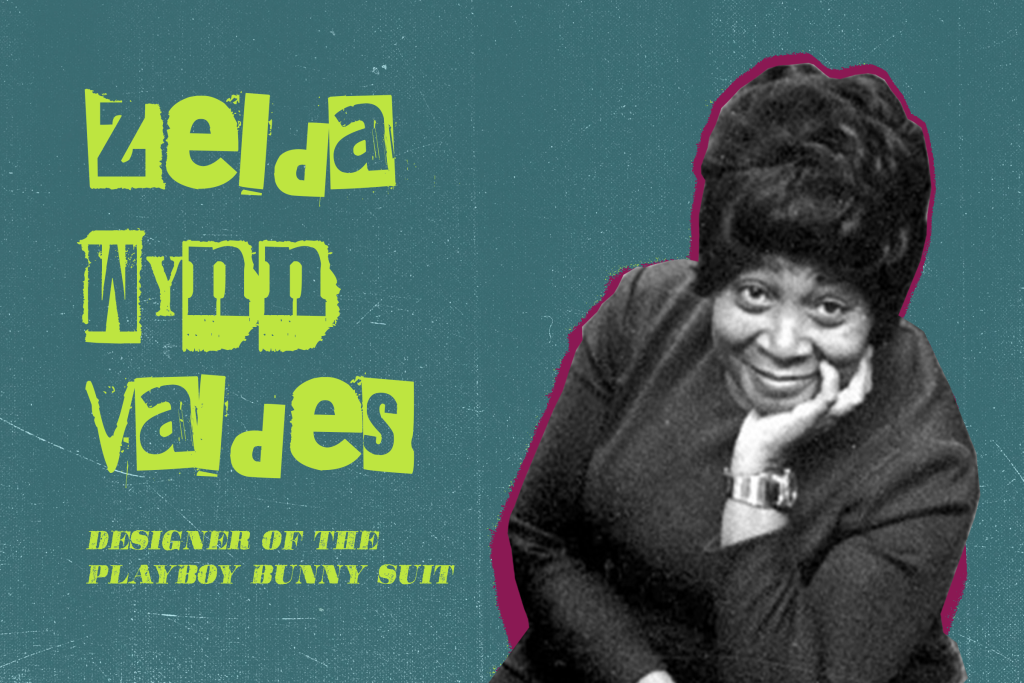
Do y’all remember Elle Woods from Legally Blonde arriving at the alleged costume party dressed seam to seam as a Playboy bunny? Yeah, me too. That stellar silhouette was designed by none other than Zelda Wynn Valdes, born June 28, 1905.
Valdes was raised in Pennsylvania as the eldest of seven. As she grew up, she watched her grandmother work as a seamstress until eventually, she wanted to give it a try. Her grandmother said to young Valdes, “You can’t sew for me. I’m too tall and too big.” Valdes took that personally and worked to design for curvy women. Her body-hugging designs emphasized the curves of the body as they cinched at the waist and were often strapless leaving the focus on the hourglass shape of the body.
“I just had a God-given talent for making people beautiful,” she once said in a 1995 New York Times interview. Ladies and gentlemen, she did not stutter. Valdes was the first black woman to open a shop on Broadway in Manhattan, New York. She designed for the likes of Mae West, Eartha Kitt, Josephine Baker and eventually, in 1949, Hugh Hefner commissioned Valdes to make the costumes for the Playboy Bunny. And the rest is history…
Martine Rose
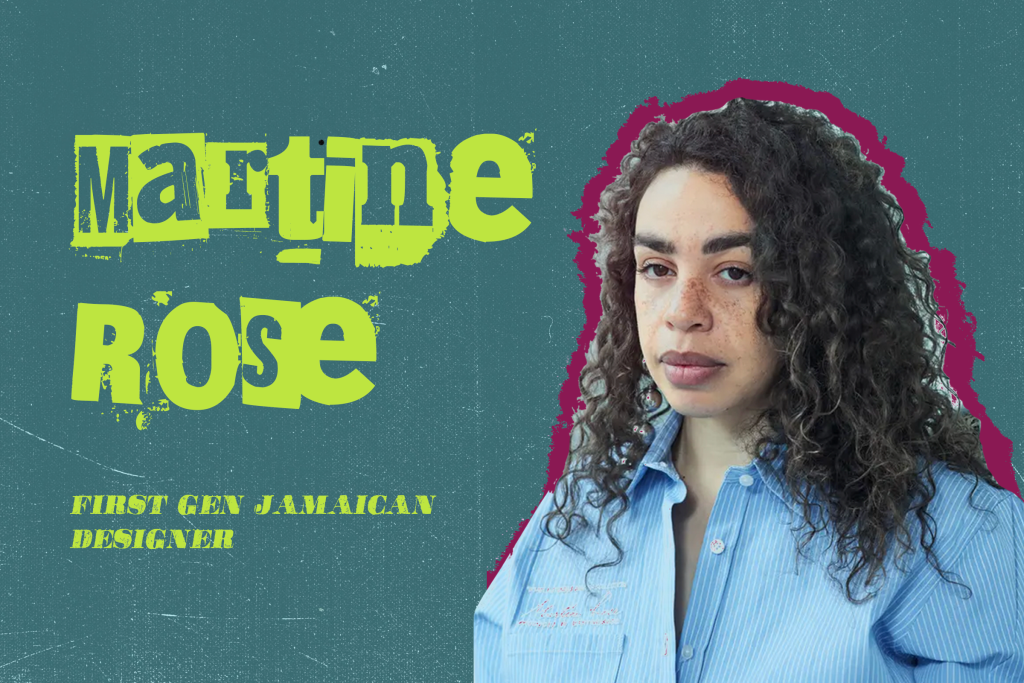
This designer was introduced to me by one of my mentors. As soon as I saw her work, I understood why. Martine rose is a first generation Jamaican designer born in England in 1980. She said her gateway to fashion was her older sister, Michelle, who would dress herself in prominent designers such as Hamnett and Gaultier as they paraded around South London together. Since then, Rose has worked as a consultant for the likes of Balenciaga, collaborated with Nike, and has had her own self-named brand since 2007. Her melting pot background gives her a unique perspective as a designer and is known to have a cult following for her clothes. I, myself, have fallen in love with Rose as a designer because our backgrounds mirror one another. For young multicultural black women, she is our inspiration for who can become.









